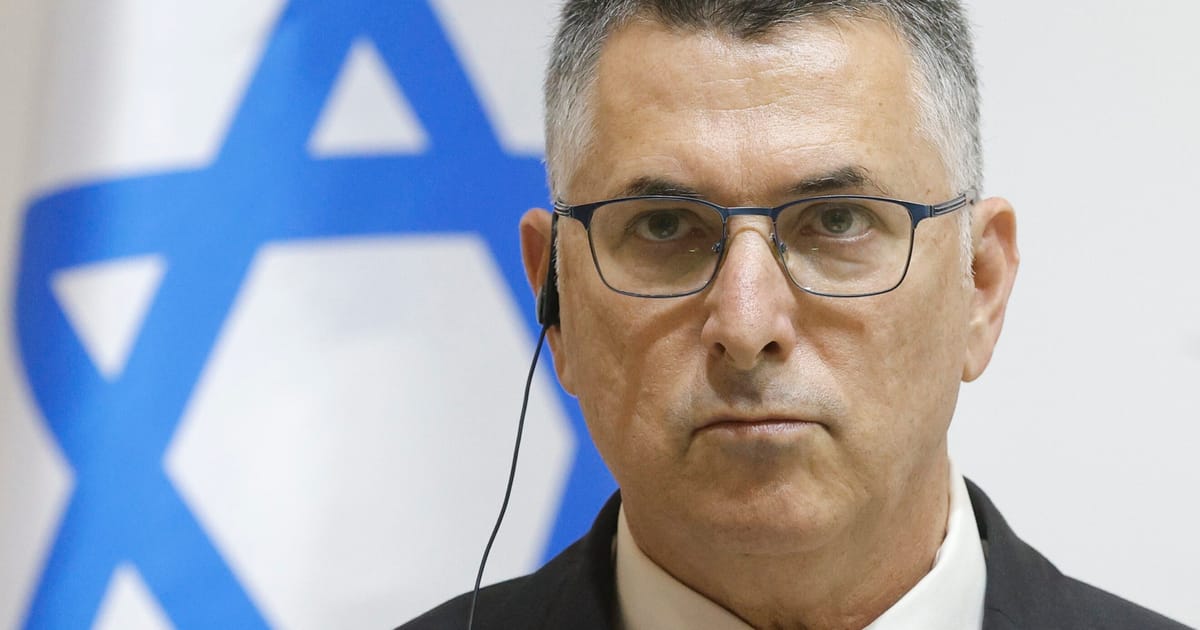

In recent developments across the globe, regional conflicts and international disputes have taken center stage, drawing in various nations and organizations. These unfolding events highlight the complexities of diplomatic and military engagements, underscoring the need for continued dialogue and peaceful resolutions.
In Southeast Asia, long-standing territorial disagreements have erupted into violence along the Thailand-Cambodia border. On Thursday, clashes broke out at six locations, marking the most severe engagement between the two nations in over a decade. Tragically, the conflict claimed the lives of 11 civilians and one Thai soldier, with both countries accusing each other of initiating hostilities. The situation remained tense as Thailand reportedly deployed an F-16 fighter jet against Cambodian military targets, further escalating the conflict. Despite these developments, Cambodia’s Defense Ministry has not provided a confirmation of Thailand’s claims regarding the airstrikes, leaving room for potential diplomatic interventions to prevent further loss of life.
Amidst this backdrop of regional tensions, the United Nations has found itself in the middle of a diplomatic standoff concerning Gaza. Israel has criticized the UN, alleging failure to facilitate humanitarian aid inside Gaza. The United Nations, however, has refuted these claims, highlighting that Israeli restrictions have prevented its workers from accessing and distributing the much-needed aid to the region. This exchange of accusations underscores the challenges faced by international organizations working in conflict zones and emphasizes the importance of collaboration between involved parties to efficiently provide humanitarian support to affected populations.
As these situations unfold, another noteworthy event has emerged from Europe, where Hungary has taken a firm stance against NATO’s requests related to the Ukraine conflict. The Hungarian Foreign Minister declared that the current government in Budapest is determined to keep the country out of any military engagement, specifically stating that they would not finance arms for Kyiv. This assertion reaffirms Hungary’s prioritization of maintaining internal peace and its sovereignty in decision-making concerning external military operations. Such decisions reflect the broader dynamics within European politics, where member states navigate their roles and responsibilities within alliances like NATO while asserting national interests.
These incidents, occurring almost simultaneously across different regions, reflect the intricate web of global geopolitics. They underscore the critical need for diplomacy and understanding in resolving such sensitive issues. While each situation bears its unique complexities, a unified call for peaceful negotiation and adherence to international law remains paramount. As the world becomes increasingly interconnected, it is essential for nations to engage in meaningful dialogue to foster peace and stability, minimizing confrontation and enhancing collaborative efforts for mutual benefit.
In conclusion, the ongoing conflicts and diplomatic maneuvers highlight the urgency of international cooperation. As countries grapple with their respective challenges, the global community’s role in mediating disputes and fostering dialogue cannot be overstated. By prioritizing constructive communication and compromise, there is hope for a future where regional conflicts can be resolved peacefully, allowing nations to thrive in harmony. The pursuit of such goals not only serves immediate regional interests but also contributes to a more stable and prosperous world for all.
Source: {link}
